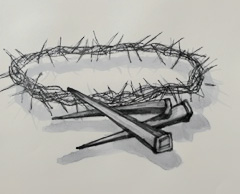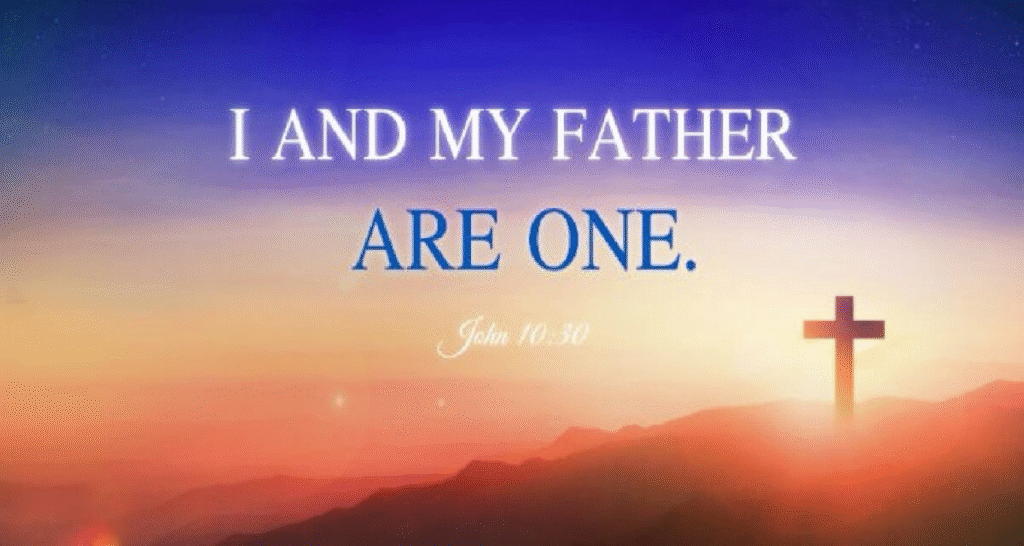“But when she could hide him no longer, she got a papyrus basket for him and coated it with tar and pitch. Then she placed the child in it and put it among the reeds along the bank of the Nile.” Exodus 2:3 (NIV)
The woman described in these passages of Exodus was Jochebed, who was from a family lineage of priests, of the tribe of Levi. Her name isn’t mentioned in the early chapters of the story, but we learn from genealogies, that she was the birth mother of Moses, and a woman of great faith.
There is no mention in this story of God ever once speaking audibly to Jochebed, who decided to hide her three month old baby in order to keep him alive. She received no dreams, no visions, no audible instructions and no angel visits from heaven, to help save her baby from Pharaoh’s cruel decree, ordering the killing of every Hebrew infant male.
Now it was time for her to put her faith into action, as she prayed and toiled before choosing between two options. She could either keep hiding her baby at home, risking that he might be found and murdered, or take the risk of putting him in a waterproof papyrus basket to float down the Nile River. She couldn’t hide him any longer, so she entrusted his destiny to God and chose the latter.
The Nile River was filled with poisonous spiders, crocodiles and deadly mosquitos, but Jochebed decided to risk all those natural threats, rather than take a chance on the evil that Pharaoh could do to her son.
Jochebed’s name translates to “God’s glory,” and she believed God would bring glory out of the entire situation. Without receiving any visits, visions or voices from heaven, Jochebed took action based on her own faith instincts. In an act of courage and selflessness, Jochebed put her baby into that basket, and sent him down the Nile, praying and trusting God to lead him to whatever his destiny would be.
Her baby was found in the basket by a compassionate princess who received him as a gift and raised him as her own son, in the royal palace. She named him Moses and through providential events, the princess hired Jochebed, to nurse him until he was weaned.
We all face situations that require courage to trust in God even when we don’t receive any direct answers from Him. Sometimes we need to take immediate action, and at other times, we have no control and no action that we can take, except to be still and know that God is with us. In times like these, it is our faith instincts that rise up within us and lead us to trust in God.
While Jochebed hid her baby for three months, she prayed for a way to keep him alive in a world of turmoil and injustice, where she was a mere slave. The day she stood on the bank of the Nile, she had already followed her faith instincts, and released him into the care of an invisible God. She watched her baby crying in that basket, floating down the river, her heart, though courageous, was still breaking. Trusting God and turning faith into action, may not spare us from heartbreak, but hope reminds us that it isn’t the end of the story.
God answered Jochebed’s prayer, far beyond her expectations, since He had a greater plan for him. We all know the story of Moses, but despite how the movies depict the story, after he was weaned, there’s no biblical account of Moses ever being reunited with his birth mother again. Sometimes the closure that we seek in this world, is delayed until we get to Heaven.
Jochebed was not the only Jewish mother in history, who gave her baby up to save his life. There was another time in history, during the Holocaust, when many mothers did the same, entrusting their children’s lives to someone else who could save them. Many children were adopted and raised in another country by another family, but not all birth mothers were able to reunite with them.
There have been courageous mothers throughout history like Jochebed, who followed their faith instincts, took action and believed that their child’s destiny was in God’s hands.
God is still a rewarder of those who diligently trust in Him. Throughout generations, we entrust the care of our children as well as our loved ones to God. Sometimes we do it by relinquishing our control, learning to be still and trust God’s greater plan, and like Jochebed, we are led by our own faith instincts.
We pray, take action and then leave everything in the hands of an invisible God, as our loved ones journey along in their own papyrus basket of destiny.
Lord, show us when to put our faith instincts into action so that we may trust and glorify you through every situation. Amen











